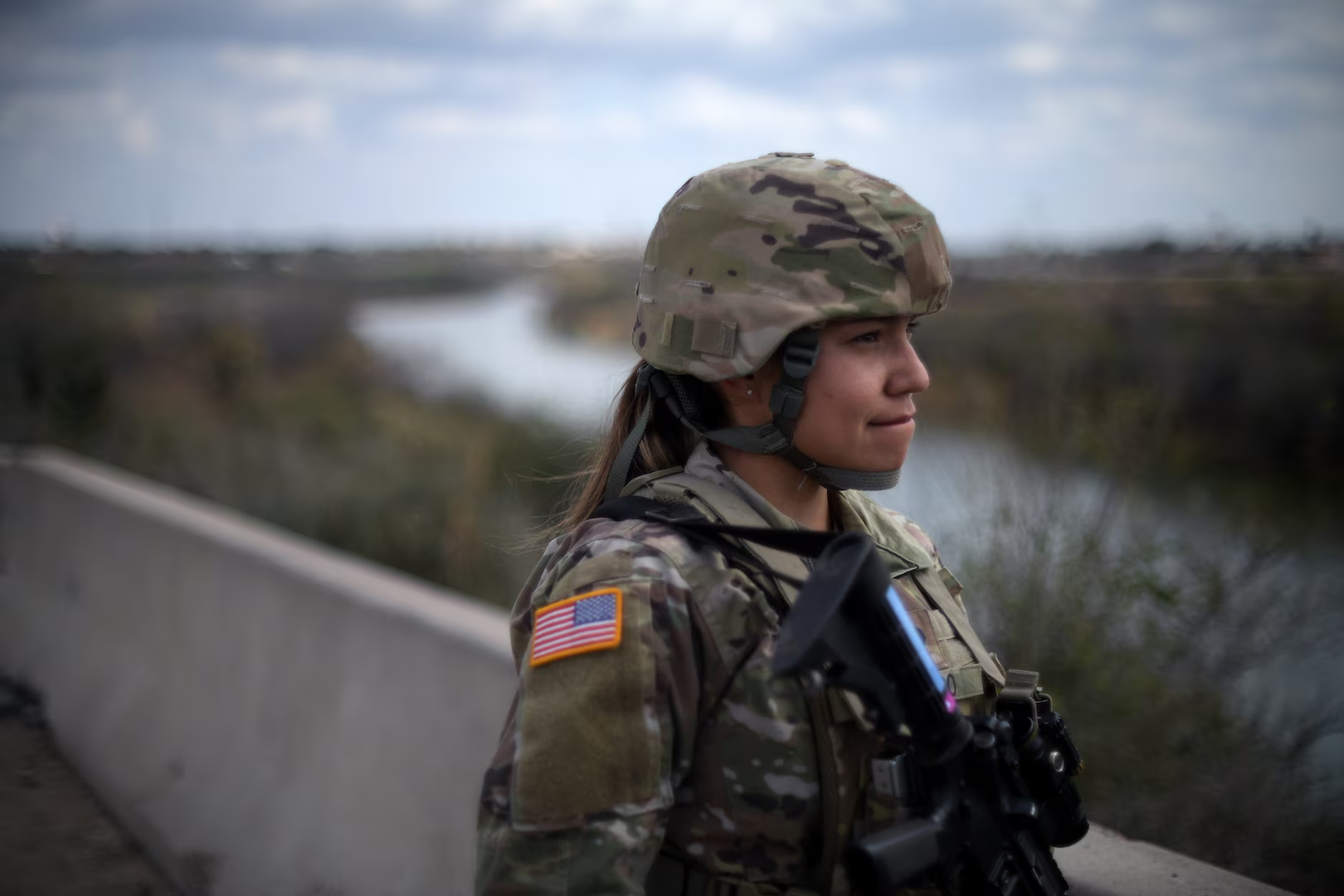The Texas National Guard plays a vital role in both state and federal missions, serving as a key military force under the authority of the Governor of Texas and the President of the United States. This dual responsibility allows the Texas National Guard to support local emergencies while also contributing to national defense efforts when federally activated.
The Texas National Guard is part of the broader National Guard system in the United States, which functions to assist states during emergencies and supports federal military operations overseas. It consists of two main branches: the Texas Army National Guard and the Texas Air National Guard. The Army National Guard provides ground forces, including infantry, engineers, and support units, while the Air National Guard offers air support with fighter jets, airlift, and refueling missions.
One of the most prominent recent roles of the Texas National Guard has been its involvement in border security. With ongoing concerns about illegal immigration and border enforcement, the Guard has become a critical partner in efforts to secure the Texas-Mexico border. This involvement is part of Governor Greg Abbott’s Operation Lone Star, a border security program designed to reduce illegal crossings and strengthen enforcement. The Texas National Guard works alongside the Texas Department of Public Safety and other state agencies to patrol the border, assist in arresting migrants, and provide logistical support.
In the latest legislative session, Texas lawmakers approved $3.4 billion for border security efforts, with a significant portion allocated to the Texas National Guard and the Department of Public Safety. However, this funding does not include money for the controversial Texas border wall project, which has faced challenges related to land ownership and cost. Instead, the state’s focus has shifted toward law enforcement and operational presence along the border, where the Texas National Guard plays a major part.
The Texas National Guard’s border mission emphasizes support and enforcement rather than direct immigration control, which remains primarily a federal responsibility. The Guard’s troops conduct patrols, assist law enforcement with detaining migrants, and help manage border security logistics. Their presence aims to enhance the overall effectiveness of border enforcement programs and reduce illegal crossings in Texas.
Aside from border security, the Texas National Guard is widely known for its assistance in state emergencies. Texas faces a range of natural disasters including hurricanes, floods, and wildfires. In these situations, the Guard provides crucial aid by conducting rescue operations, clearing debris, and assisting with disaster relief and recovery efforts. Their ability to rapidly mobilize makes them an essential part of Texas’s emergency management strategy.
On the federal level, the Texas National Guard has a long history of serving in combat and peacekeeping missions worldwide. When activated by the President, Guard members join active-duty military forces to support national defense. This dual state-federal role allows the Texas National Guard to maintain readiness for a variety of tasks, from local disaster response to overseas military deployments.
The history of the Texas National Guard dates back to the early 19th century, and over the years it has grown into one of the largest and most active National Guard forces in the country. Its continued evolution reflects the changing security needs of both Texas and the nation. Today, the Guard balances state responsibilities with federal commitments, adapting to new challenges such as border security and homeland defense.
The Texas National Guard’s role in border security has also sparked discussions about its cost and overall effectiveness. While some Republican lawmakers support the Guard’s involvement as a necessary enforcement measure, others question whether the funds allocated yield meaningful results. Critics argue that the deployment may be more symbolic than practical, calling for a reevaluation of strategies to address immigration and border safety.
Despite these debates, the Texas National Guard remains a key player in the state’s border security framework. It provides manpower, resources, and expertise that bolster the efforts of other state and federal agencies. Its presence serves as a deterrent against illegal crossings and adds to the state’s capacity to respond to border challenges.
The Texas National Guard continues to fulfill a unique and important role in serving both Texas and the United States. Its involvement in border security, disaster response, and national defense highlights its versatility and dedication to public service. As Texas and the federal government navigate ongoing issues related to immigration and security, the Texas National Guard will likely remain a critical force on the front lines.







